Articles
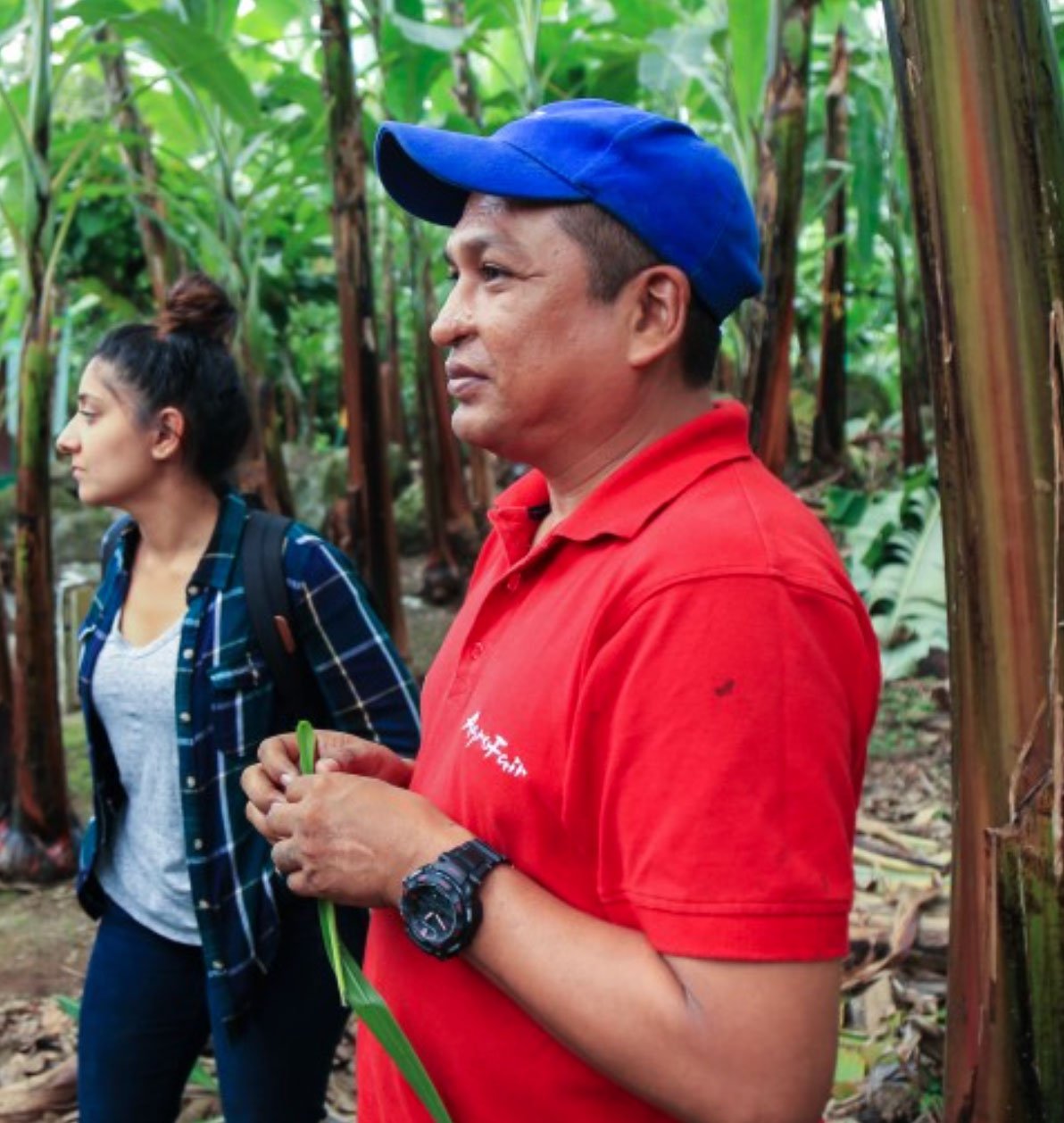
Leaders in Sustainable Agriculture
It’s not a secret: due to human activity – particularly the activity of the most privileged – the Earth is in crisis. We are sharing three stories that uplift the work of those on the frontlines of healing the environment while feeding people, the producers who have spent their lives working towards sustainable agriculture.
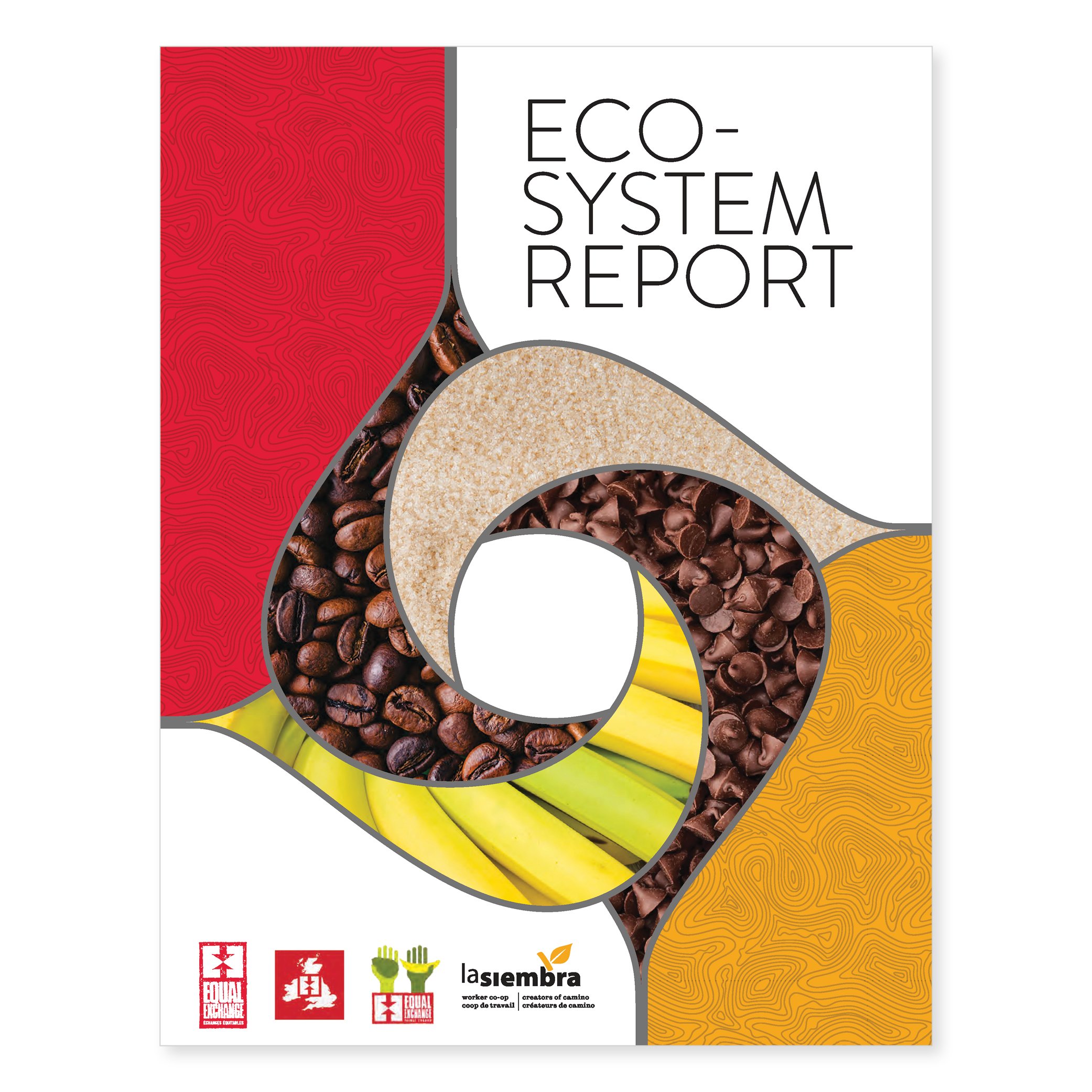
Annual Report Collection
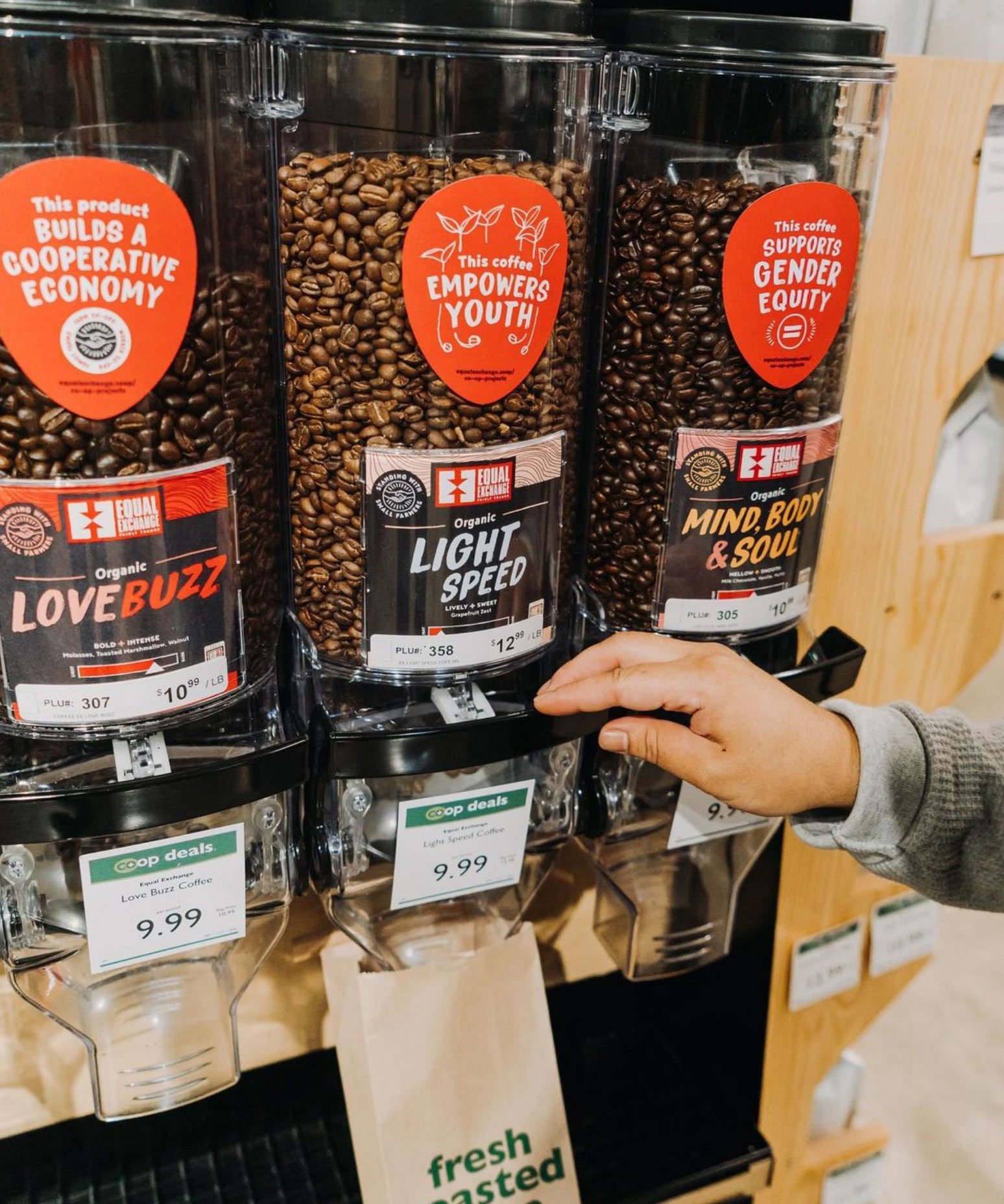
Co-op Projects and the Cooperative Economy
At the heart of Equal Exchange is the mission to build and strengthen a cooperative economy. Cooperative structures build equality by increasing ownership, control and equity in the exchange of value.
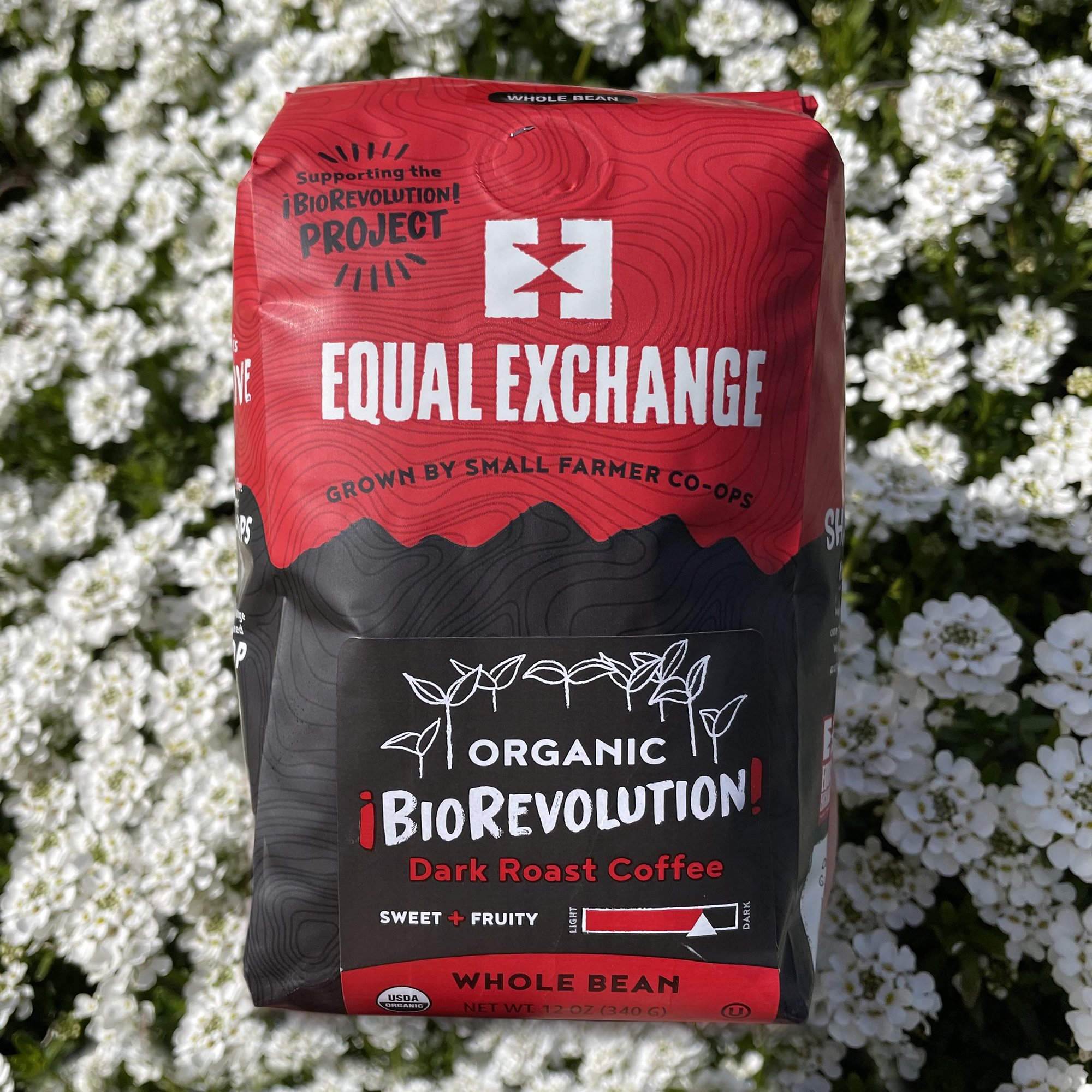
The ¡BioRevolution! Project
An exciting exclusive program in partnership with food co-ops across the country. 50¢ per pound sold goes to innovative agriculture projects.
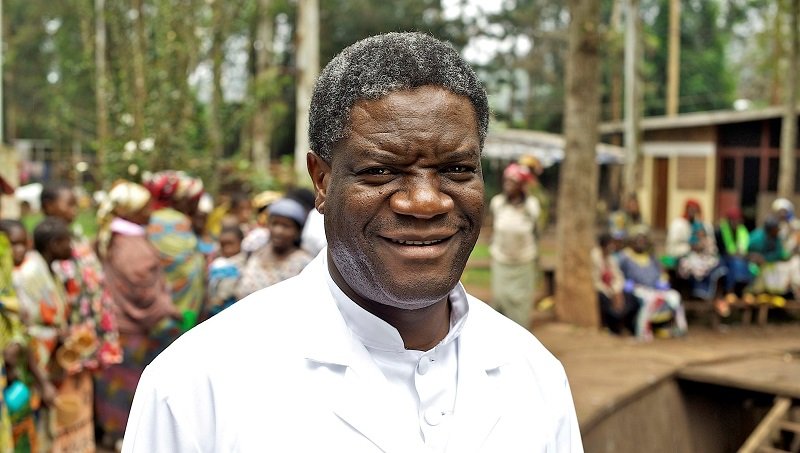
A Call for Justice in the DRC
In 2019, Dr. Denis Mukwege won the Nobel Peace Prize for his work with survivors of sexual assault in the Democratic Republic of Congo. He’s a powerful voice for accountability and justice to help his country move forward from decades of conflict.
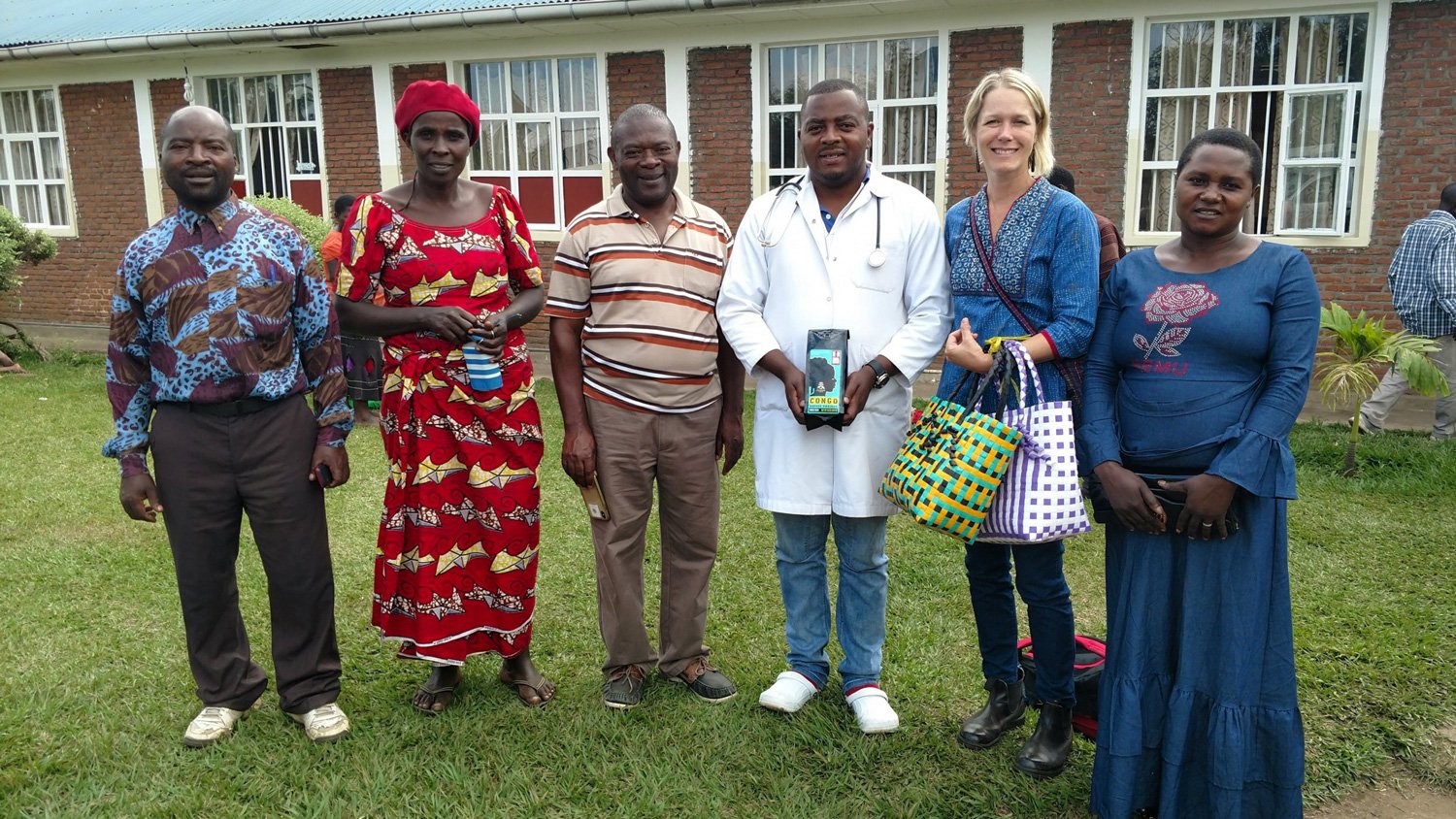
Congo Coffee Project
From the time of colonization on, the Democratic Republic of Congo has been shaken by conflict. In 2011, Equal Exchange founded the Congo Coffee Project with the Panzi Foundation as a means to bring Congolese coffee to market in the United States while offering healing for survivors and raising awareness about the alarming rate of violence.
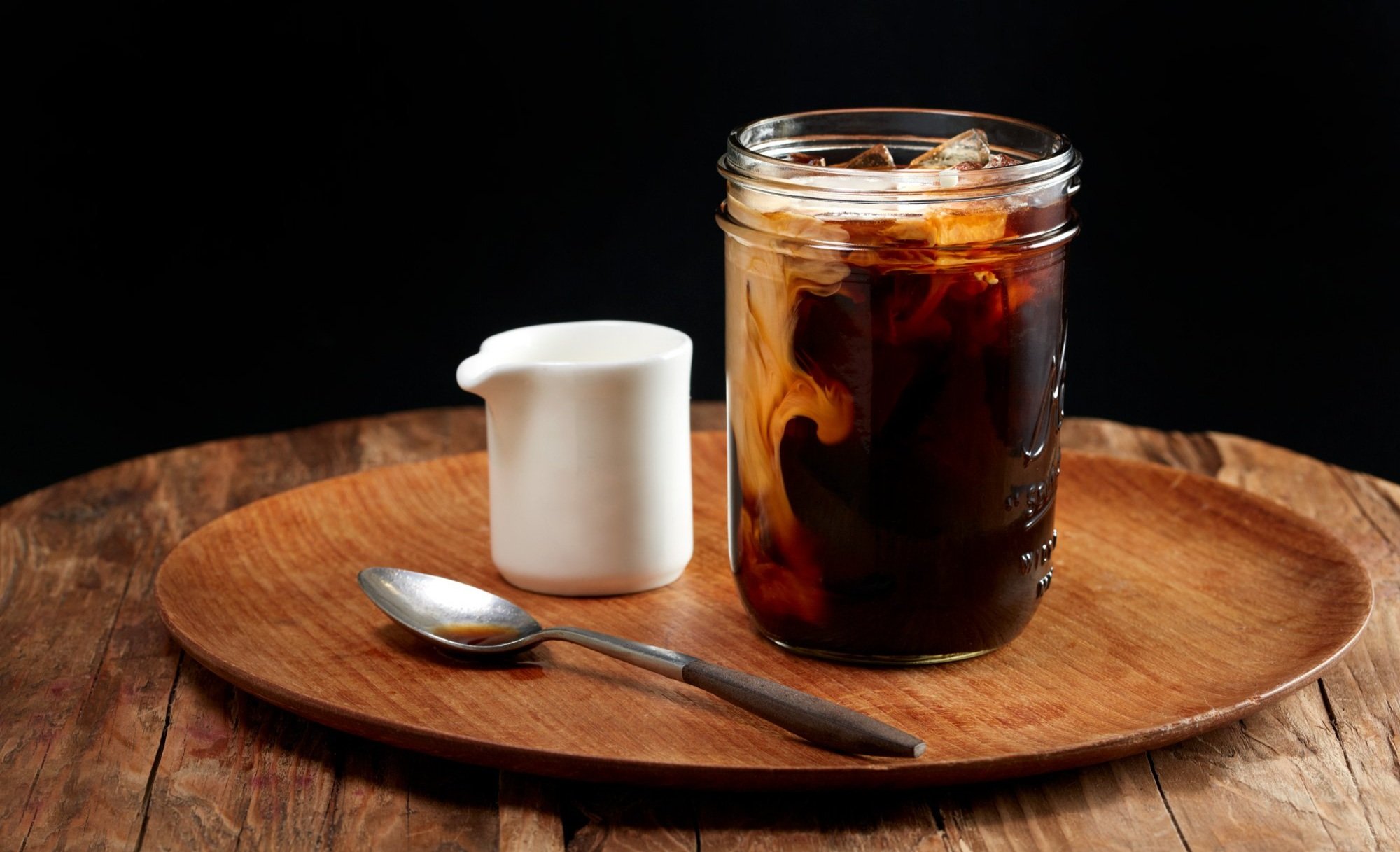
How to Brew Toddy
Our favorite method: the Toddy™ cold brew method. It is called a 'cold brew' because it does exactly that; you combine coarsely ground coffee with cool water and allow it to steep for 12-24 hours. This long, slow soak creates a thick coffee concentrate with seriously sweet chocolate and malty flavors that we love!
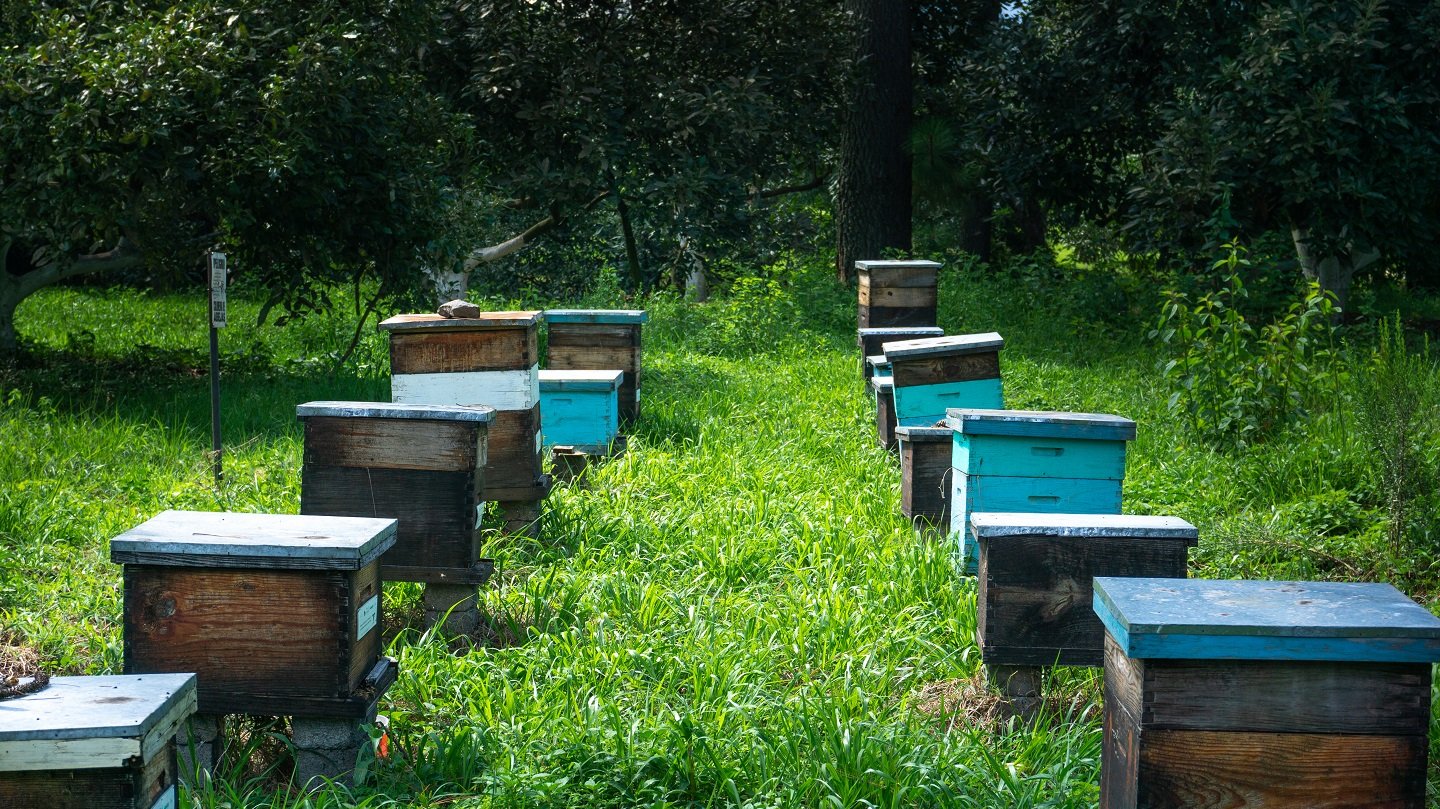
Funding Sustainable Futures Through Beekeeping
Las Mujeres Polinizadoras de Tingambato, a women’s apiculturist cooperative that was established by Equal Exchange’s partner cooperative, PROFOSMI. The initiative seeks to offer entrepreneurial skills to economically disadvantaged women through beekeeping.
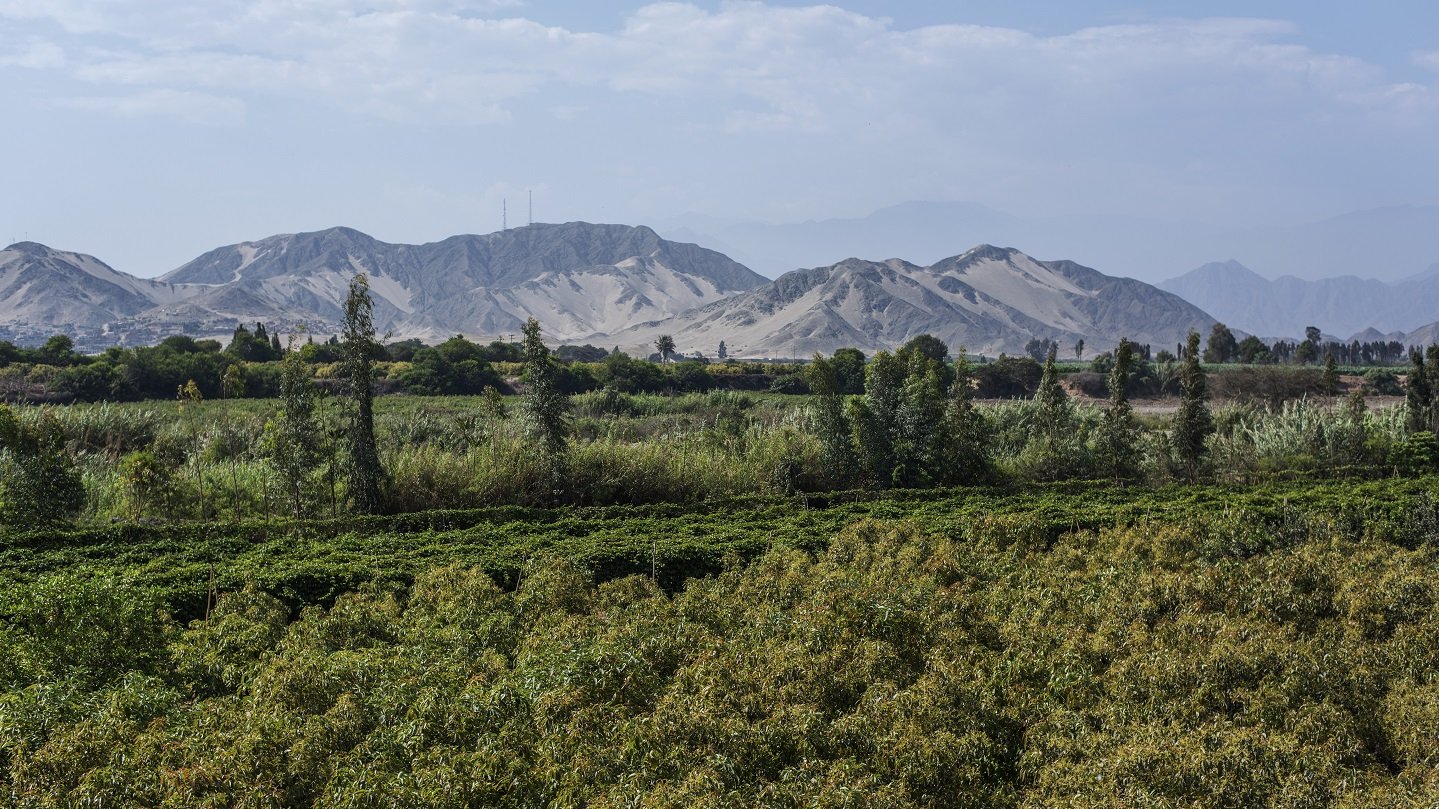
COVID-19 and Peruvian Avocados: Growing Together Through Hardships
In this update from Eunice Jijon Jarquin and Alyssa Melendez, learn about Equal Exchange’s fair trade avocado partnership with La Grama in Peru, and how co-op farmers are adapting to the challenges of an ongoing global pandemic.
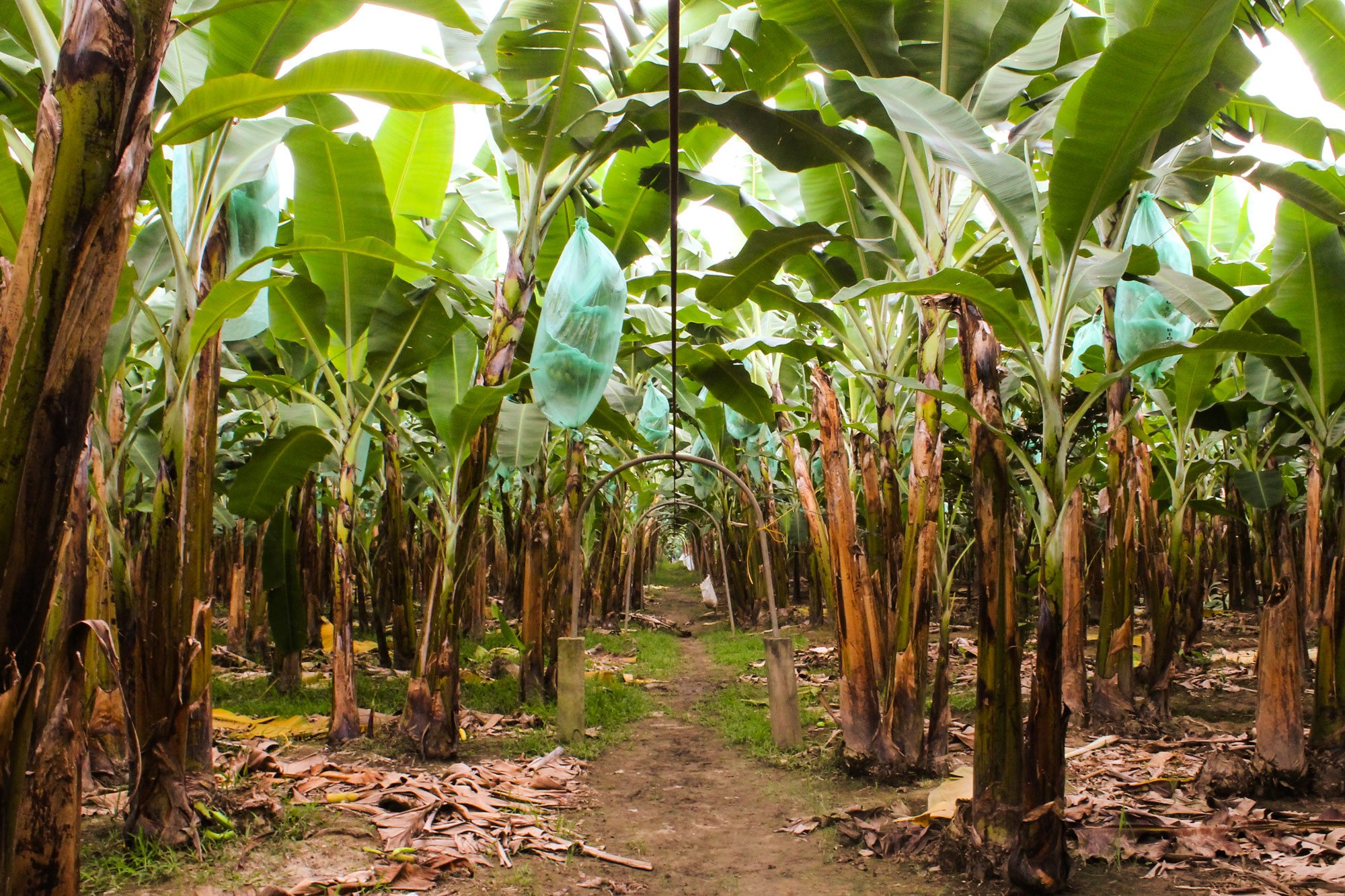
Cooperative Bananas, in Dollars and Cents
When you purchase a conventional banana at a grocery store, there are certain costs that your everyday low price covers: the fruit itself; the international shipping costs; the trucking from the warehouse to the grocery stores. These costs are internalized, meaning they’re accounted for in the final price you pay. But there are hidden costs to banana production that you won’t pay a cent for at the cash register.
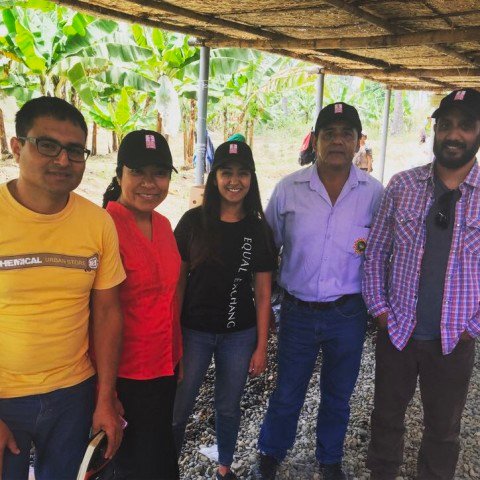
Unconventional Bananas in Peru: Interview with Julio Oscar Gallegos Herrera-Rambla
Equal Exchange works with a movement of independent businesses–farmer co-ops, distributors, stores–to create a banana supply chain that is unconventional at every step. In a sensitive industry, we look to the farmer organizations revolutionizing the banana trade to envision a future in which the industry represents and benefits all stakeholders.
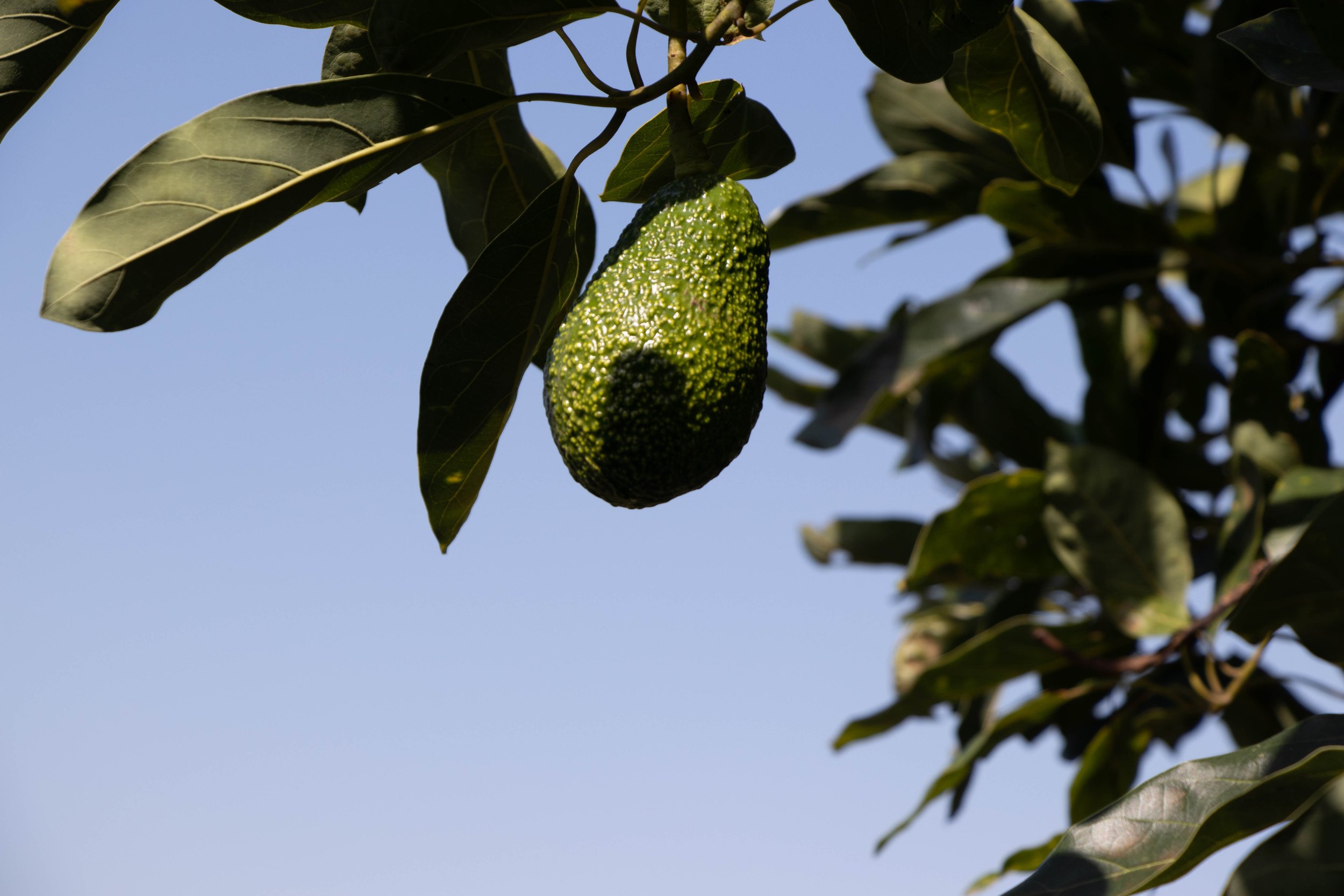
Why Peruvian Avocados Matter
If you’re a U.S. consumer, 8 out of 10 times your avocado will come from Michoacán, Mexico. There are various reasons for this Mexican dominance of the U.S. avocado market, like geographic proximity. However, as consumer demand has continued to boom, it has become clear that other origins are needed to provide a stable and reliable year-round supply for consumers.
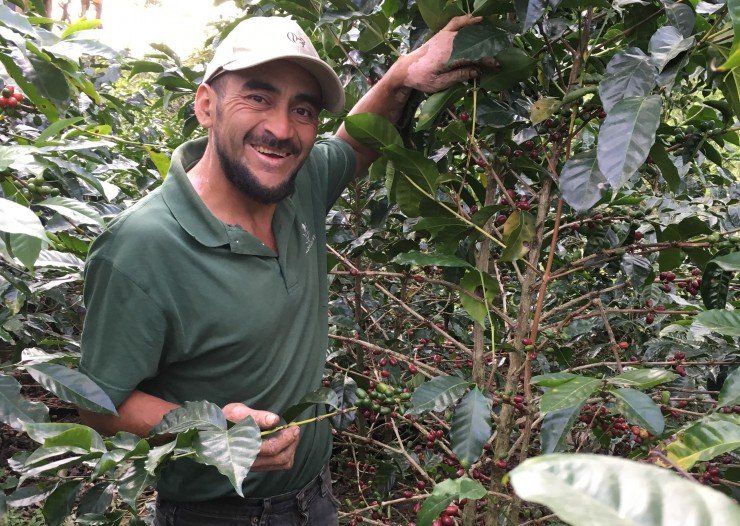
RSF Social Finance Fair Trade Capital Collaborative
The purpose of this project is to directly address two of the largest challenges within the fair trade coffee supply chain: coffee leaf rust and climate change.
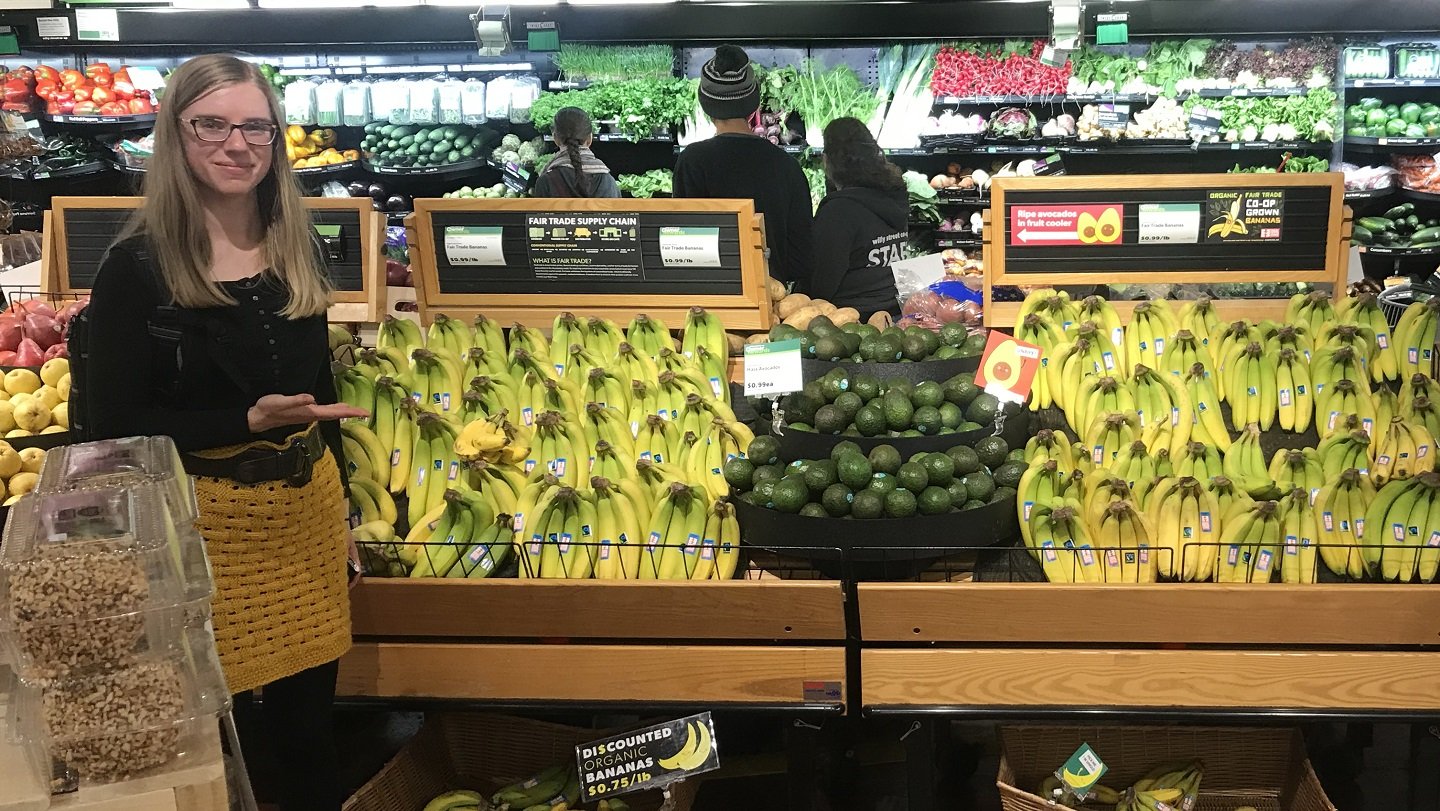
Fighting TR4 at Your Grocery Store: A Consumer Action Guide
Part Three explores how you and your grocery store can contribute to the fight against TR4 with six actions to take.
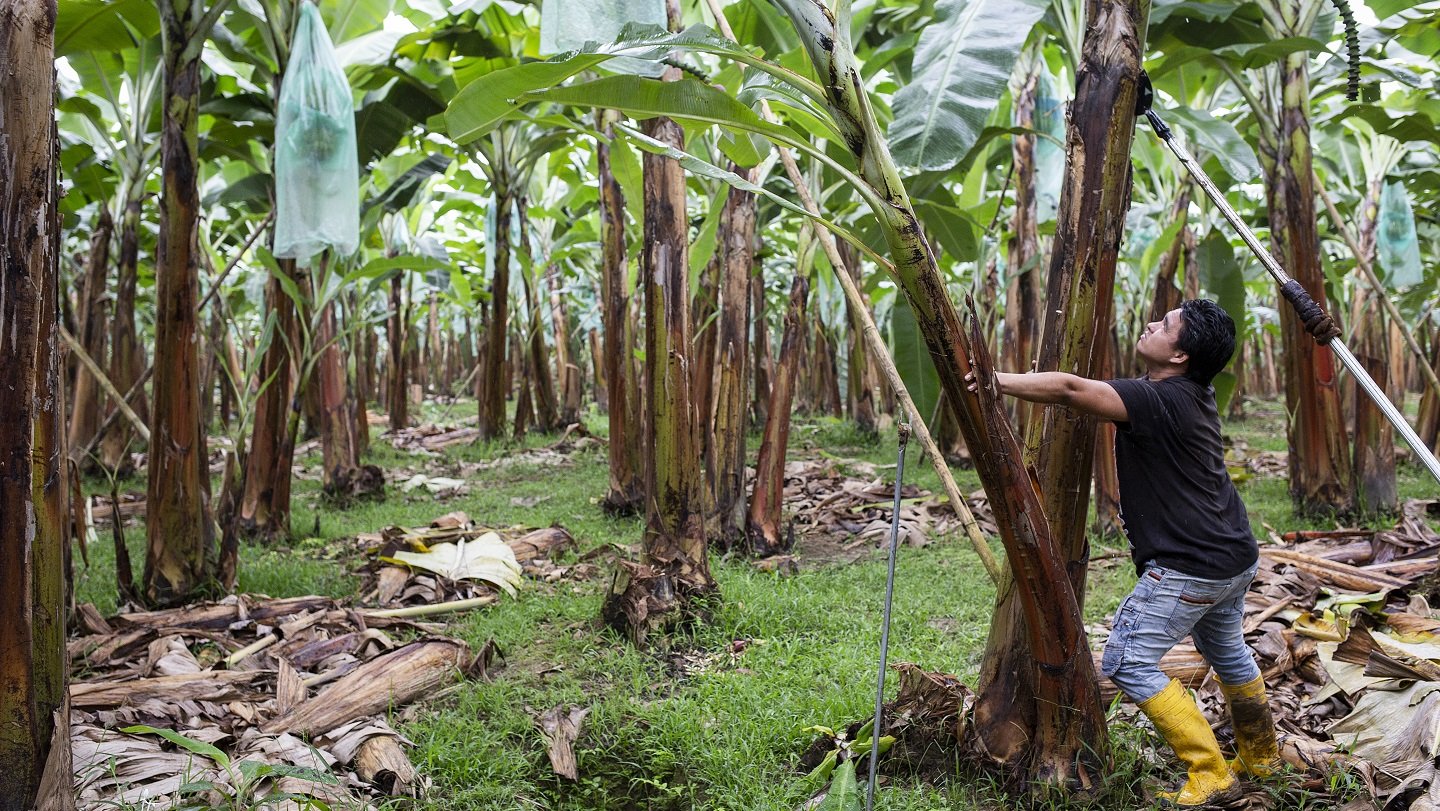
What’s a Farmer to Do? TR4 and Small-Scale Producers
Part Two, we explore the particular challenges that small-scale farmers face as they employ TR4 prevention techniques and how various strategies can reduce a farm’s risk of contamination. Governments, research groups, and producers have worked tirelessly to strengthen infrastructure and prevent the disease from spreading.
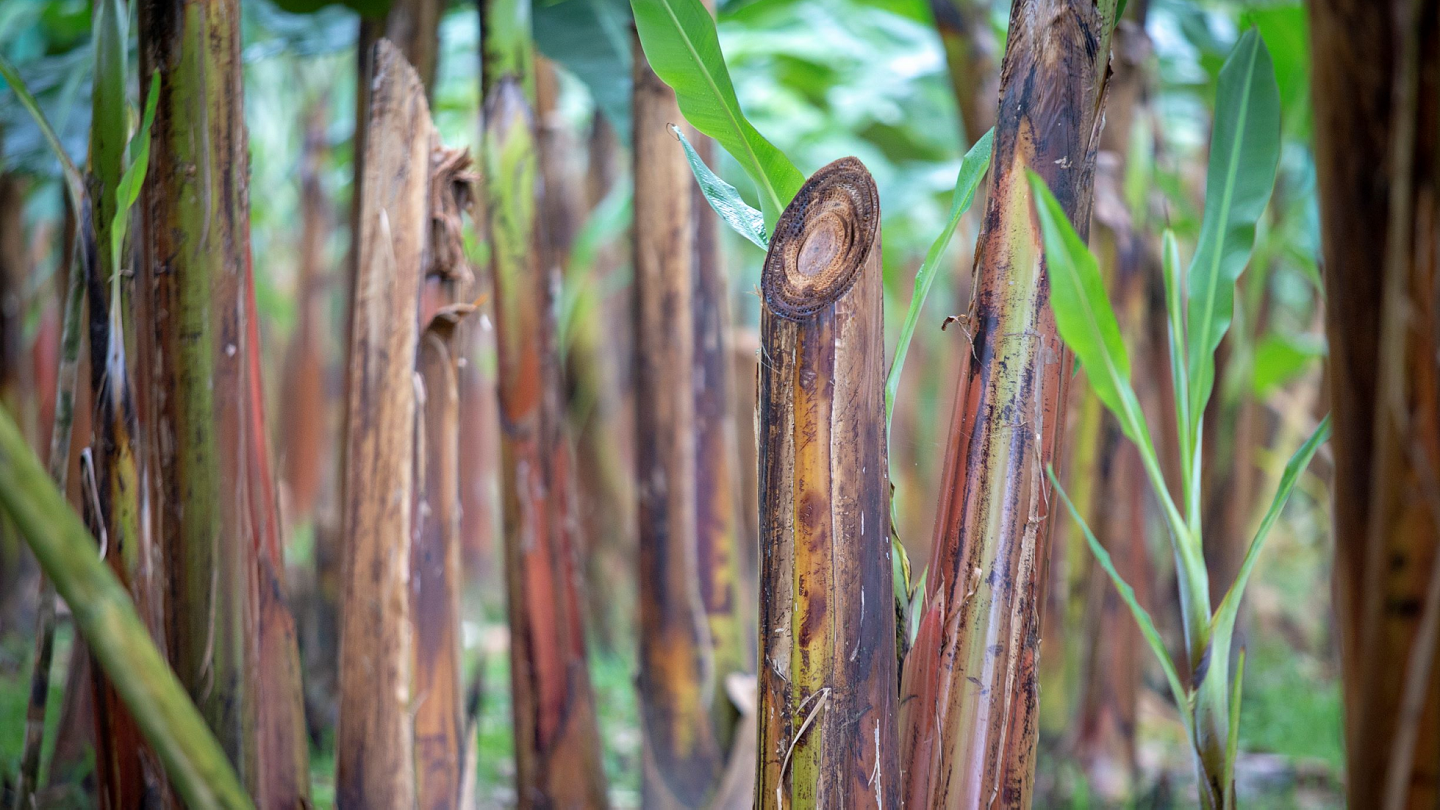
Banana Production in the Shadow of TR4
Part One of a three-part series exploring the threat of TR4 banana production in Latin America, and to small-scale farmers in particular. Fusarium Wilt Tropical Race 4 (TR4) is a fungal disease affecting bananas, and it poses a major threat to the crop worldwide.

“We Met Online”: Building A New Banana Partnership with AVACH During COVID-19
Equal Exchange Supply Chain Coordinator Johanna Contreras Manito recently spoke with a logistics manager, a pack crew leader, and a farmer-member at AVACH who each represent integral pieces of our Peruvian banana supply chain.
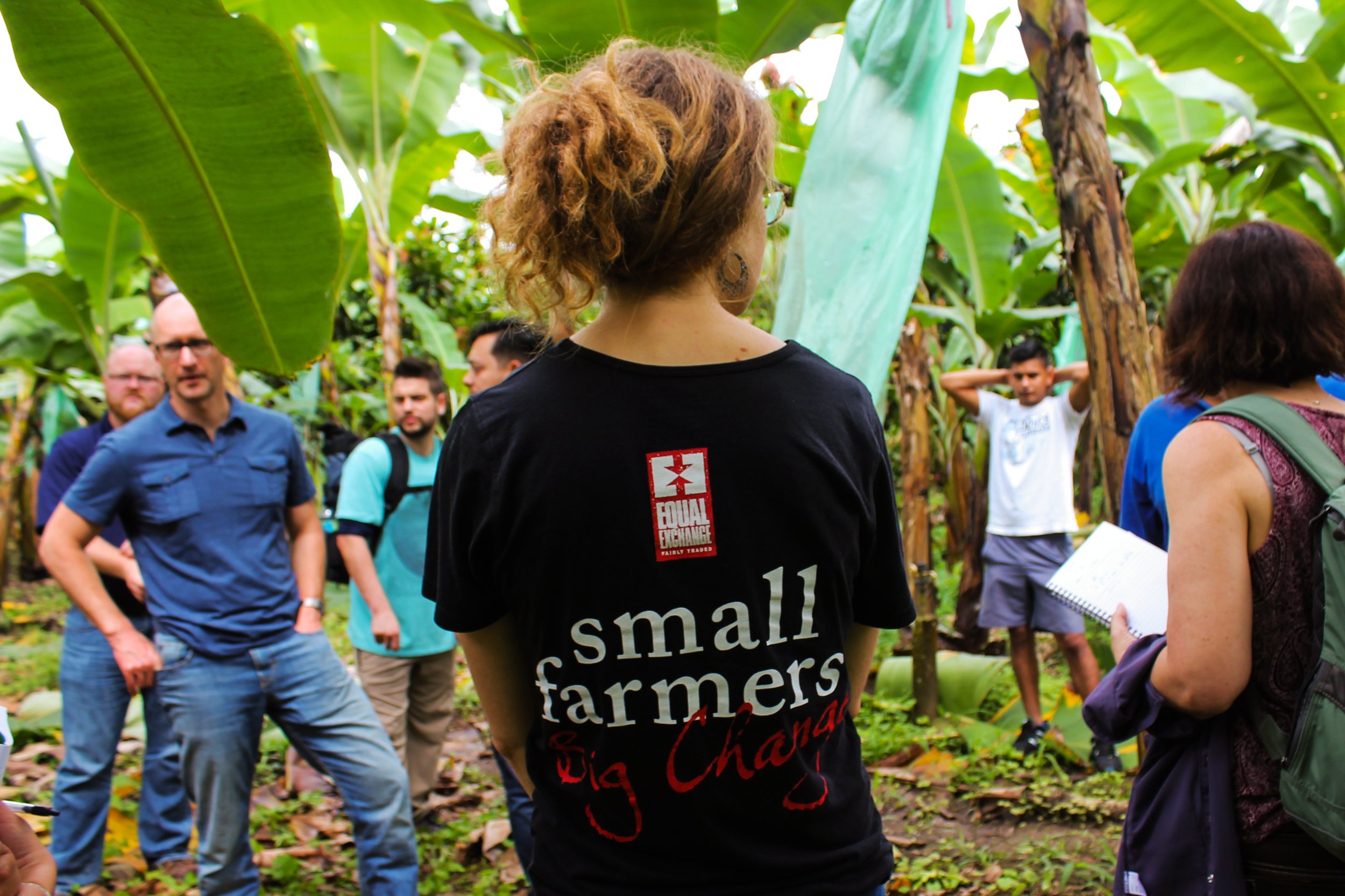
About Equal Exchange Fresh Produce
Fairtrade. Organic. Small Farmer Grown. Equal Exchange produce is unconventional. It’s not just that it is organic and Fairtrade, the Equal Exchange produce supply chain is a genuine departure from the conventional system.
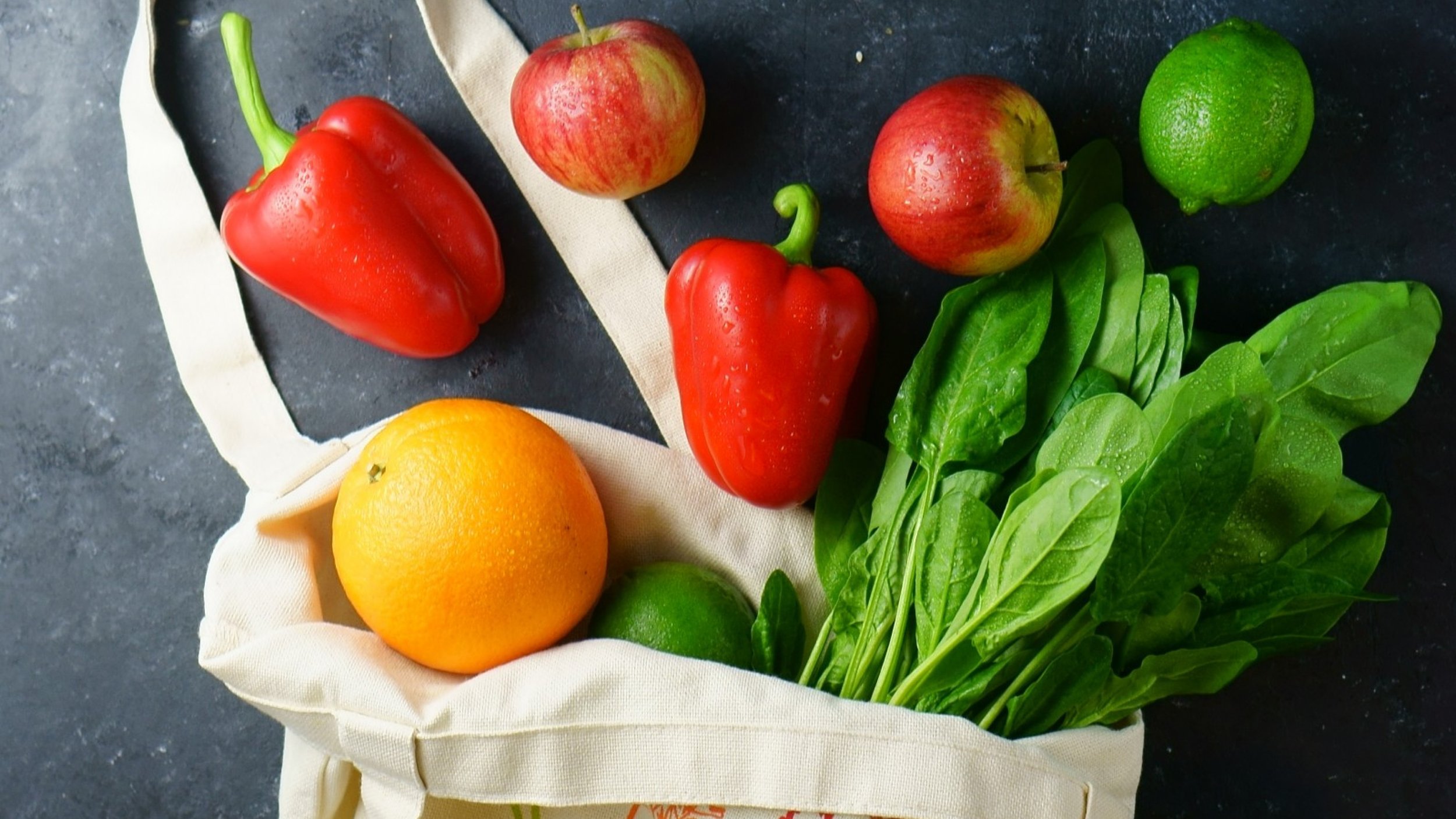
The Citizen-Consumer Dilemma: Part Two Continued
In Part One of the Citizen-Consumer Dilemma series, we described key problems we need to address, challenge and solve if we want to create a just food system. In Part Two, post one, we dug into the successes and failures of Fair Trade and Certifications as food system reforms. And now, we look to Food Co-ops and Boycotts.

The Citizen-Consumer Dilemma: Part Two
Fortunately, there have been movements and models that have attempted to address, challenge and change food system problems and create food justice, solidarity, and authentic citizen-consumer actions. Over the next two posts, we will examine and analyze four different reforms spawned by these movements.

